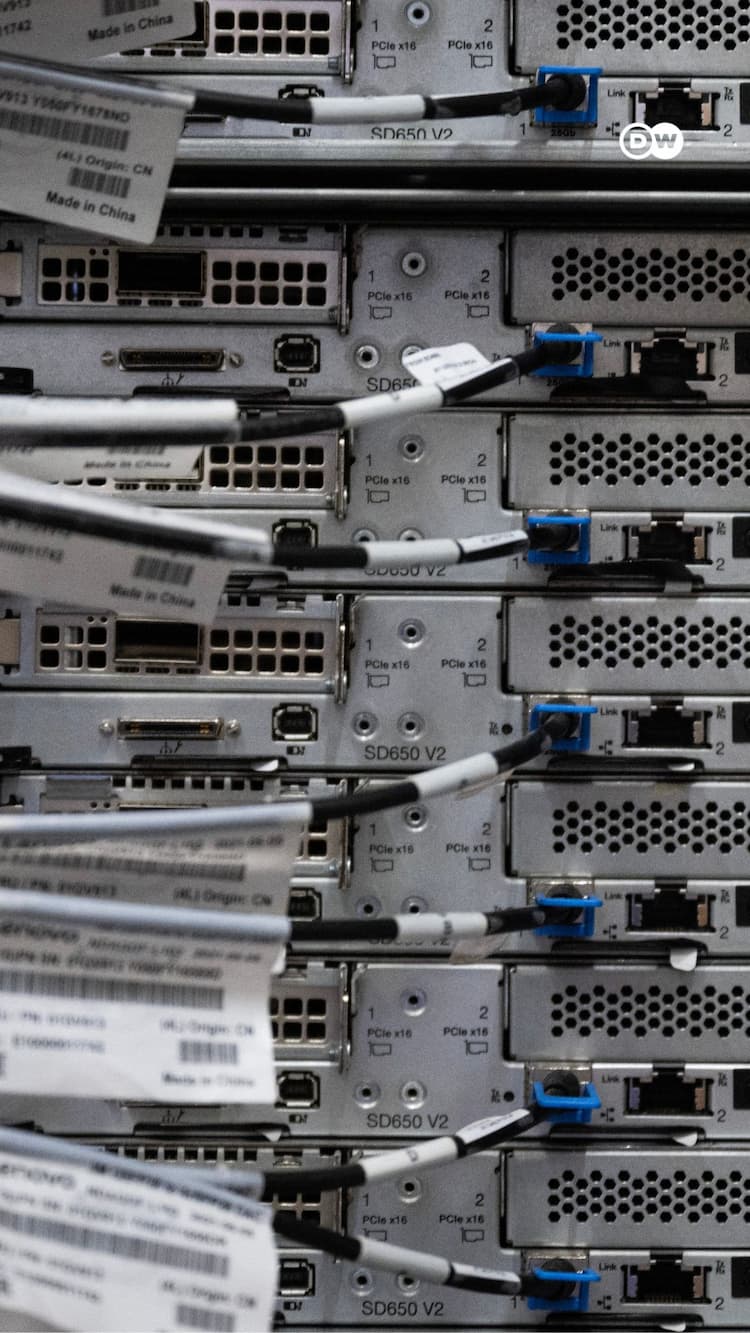Is climate change affecting brain development in babies? Science says…
We already know climate change is messing with our weather, our health, and the planet. But now, scientists say it might be changing something much deeper—our brains. New research suggests that unborn babies exposed to climate disasters like hurricanes and extreme heat may actually experience changes in brain development… including possible shrinkage in key areas.
Hurricane Sandy left more than just physical scars
Back in 2012, Hurricane Sandy ripped through the US and the Caribbean. It killed over 250 people, caused billions in damage, and traumatised entire communities. But that wasn’t the end of its impact. A study led by neuropsychologist Donato Delngeniis from Queens College shows that kids who were in the womb when Sandy hit could still be feeling the storm’s effects—literally inside their brains.
The research scanned 34 NYC-born children around 8 years old. Eleven of them were in utero during Sandy’s landfall, and their brain scans revealed some noticeable differences. Specifically, the parts of the brain that control movement, learning, emotions, and habits—known as the basal ganglia—were significantly altered.
Storm stress + extreme heat = serious brain rewiring
Turns out, babies exposed to Hurricane Sandy in the womb had unusually large volumes in brain areas like the putamen and caudate nucleus. These changes might mess with how kids learn, move, or even behave emotionally as they grow up.
And if that wasn’t enough, extreme heat made things worse. Seven of the Sandy-exposed kids and 17 of the others had experienced at least one day of 35°C or higher while developing in the womb. When combined with hurricane exposure, heat amplified the effects—shrinking areas like the nucleus accumbens (which handles motivation and decision-making) while enlarging others, possibly disrupting normal brain development.
This isn’t just about storms—it’s a generational crisis
Scientists are calling this a neurological side-effect of climate change. Even though these kids never lived through the storm itself, the stress passed down from pregnant parents may be reshaping the next generation before they’re even born.
The sample size was small, and more studies are needed, but the warning is loud and clear: climate change isn’t just hurting the planet—it’s rewriting the human blueprint. If future disasters keep getting worse, they won’t just leave behind broken homes—they might also be shaping smaller, structurally altered brains in the very people who’ll inherit this world.









